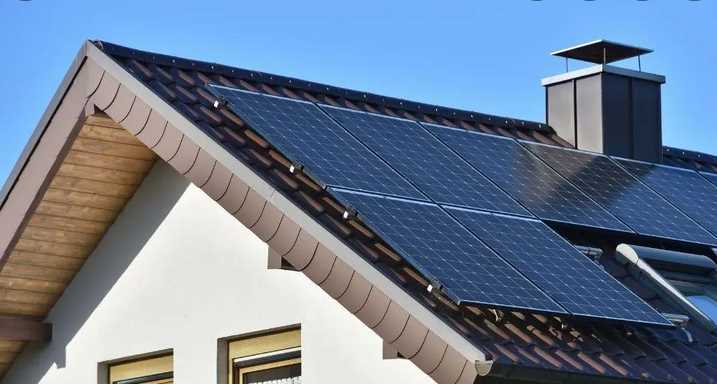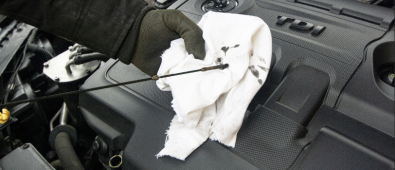Solar panels convert sunlight, which is made up of “photons,” into electricity that may be utilised to electrical power workloads. Solar panels in Brisbane now have a capacity of about 7.8 gigawatts, and this figure is expected to increase in the future.
Solar Energy’s Benefits
Solar power systems provide many benefits. One of the most important parts is that they produce no carbon emissions whenever solar panels are created. Another wonderful benefit of solar panels is that they could help you save money on your energy costs. Furthermore, they can minimise the dependency on fossil fuels in the power grid and give resource efficiency to isolated households and towns.
How Might Solar Energy Help You Save Money On Your Energy Bills?
Solar energy has the potential to help you save money on your utility costs in 2 ways:
- You will reduce your reliance on your energy supplier by employing solar energy as a power source (thus reducing electricity bill expenses).
- Once your solar power system generates more energy than you consume, the extra energy will be sent back into the primary electrical system. When this occurs, your electricity provider will purchase the excess power at a predetermined price (referred to as a feed-in tariff. This, too, might help you save money on energy costs.
Are There Any Drawbacks To Solar Energy?
Solar electricity, like other contemporary power sources, has advantages and disadvantages. Solar energy has been around for quite a while, but it isn’t as productive as other options.
Most contemporary solar panels, for instance, transform around 20% of the energy they absorb into electricity. While this may not appear to be much, new tech allows for a great deal of improvement.
What Is Their Environmental Impact?
Everyone wants to do their part to protect the earth; therefore, the issue is whether solar panels are helping us get there.
Solar panels create no emissions, yet their production has an impact on the environment. For one, generating photovoltaic solar panels necessitates the use of substances like sodium hydroxide and hydrofluoric acid. Both of these chemicals have the potential to damage people and the environment. In addition, this method also utilises water to cool itself, resulting in greenhouse gases.
Will They Keep The Power Going On?
If you’re utilising a grid-connected system, your lights will remain on for as long as the system is functional.
Whenever your solar cells aren’t linked to the grid, and you’re operating an off-grid system, though, you’ll need to think about alternative backup solutions. A motor, power storage, or complementing your solar panels with other resources like wind are all viable choices.
What Is The Mechanism Of Solar Power?
Photons are produced when the sunlight passes. When photons collide with silicon elements and the conductors beneath solar panels, the photons are converted to DC electricity. An inverter then transforms the DC (Direct Current) power to 240V AC (Alternating Current). This transition procedure is what allows you to use the electricity in your house.
Solar panels in Brisbane are also quite valuable. Solar power systems might improve the valuation if you’re planning to sell them. According to studies, many Australians believe that solar panels help increase the value of the home, and estimates predict that the 5kW capacity solar panel setup may add about $29,000 to the property’s value.



